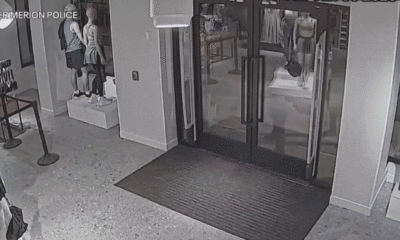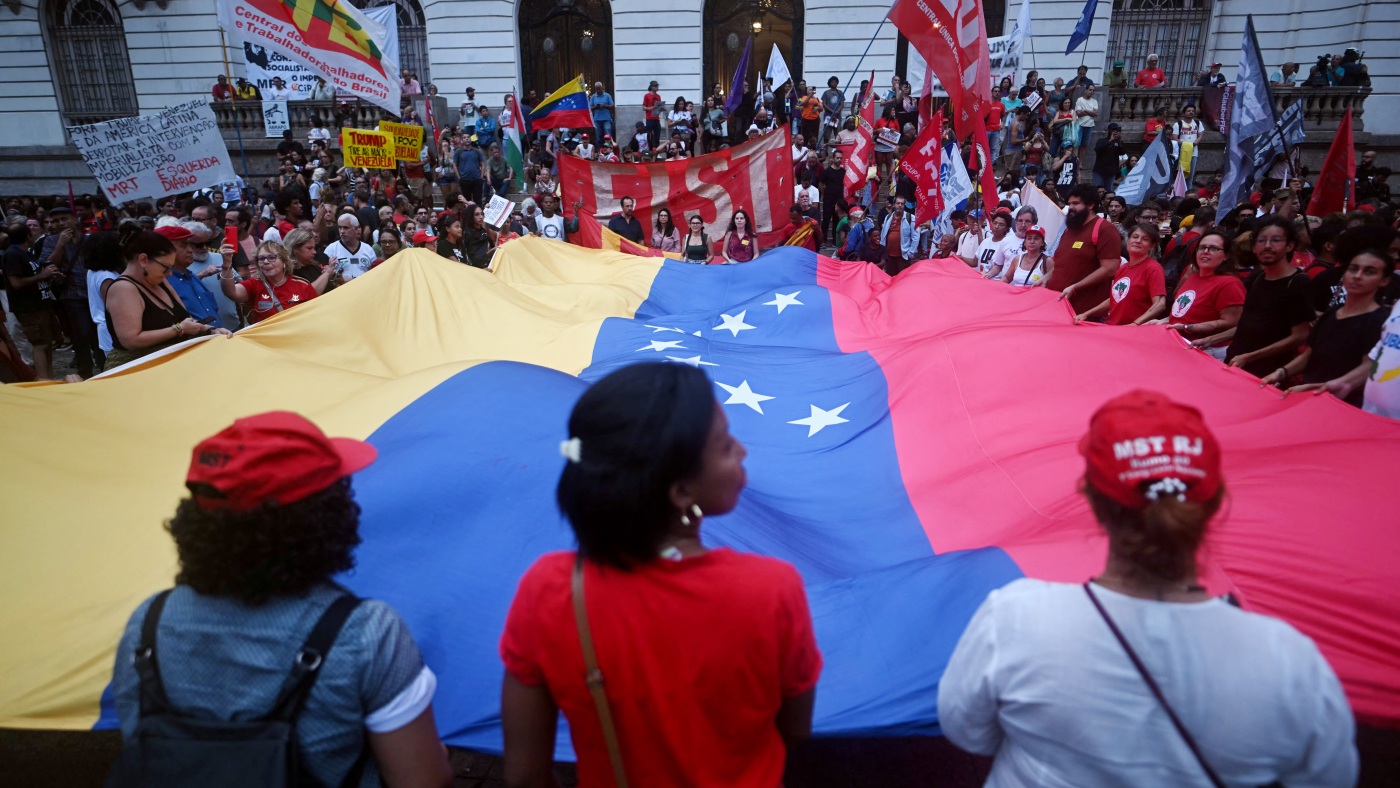Associated Press
ATLANTA (AP) — Lionel Messi scored early and Fafa Picault scored the winner after subbing in late to rally Inter Miami to a 2-1 victory over Atlanta United at Mercedes-Benz Stadium on Sunday night.
Picault’s first goal this season came in his second appearance with an assist from defender Jordi Alba — his second — in the 89th minute. Messi scored the equalizer in the 20th minute. It was his first goal in two starts this season.
Brooks Lennon made his 200th career start and first this season and immediately had an impact in the 11th minute when he sent a crossing pass to Emmanuel Latte Lath, who sent a header past former Atlanta United goalkeeper Rocco Rios Novo. It was Latte Lath’s third goal in his fourth career start. Miguel Almiron also had an assist — his second this season and 30th of his career. The goal ended a 195-minute scoring drought.
It was a club-record-tying 39th career assist for Lennon — equaling the mark of Julian Gressel. Lennon saw action for the first time since injuring his shoulder against Inter Miami in the playoffs last season. Atlanta United shocked the Supporters’ Shield winners by winning the rubber match 3-2 on the road in a best-of-three first-round series.
The combo nearly paid off again in the 19th minute, but Latte Lath’s goal was waived off for offsides and Messi forced a turnover and turned it into a goal a minute later to tie it.
Ríos Novo made his first start for Inter Miami (3-0-1) and had three saves. Ríos Novo made 15 starts in Atlanta last season as a rookie.
Brad Guzan saved six shots — three by Messi — for Atlanta United (1-2-1).
Atlanta United plays FC Cincinnati on the road Saturday. Inter Miami is idle until it hosts the Philadelphia Union on March 29.
___
AP soccer: https://apnews.com/soccer




































